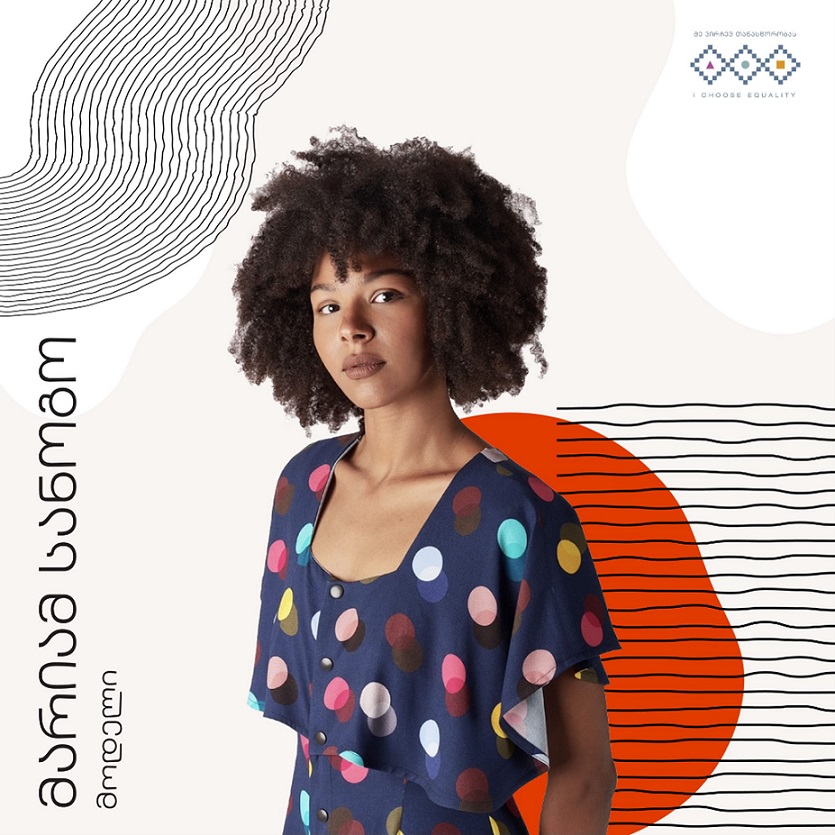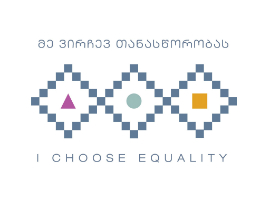Mariam Sanogo
Model
"First time I experienced uncertainty because of my skin colour was when I was 6 or 7 years old. My mother and I were walking down the street when several boys standing nearby called me a "n---o". From how my mother reacted, I could tell that something was wrong.
I remember when I began to perceive the environment at the age of 4-5, I understood easily, without any special emotions, that only a few people around me had my skin colour. I was lucky enough to be surrounded by people who never emphasized my difference. I didn’t feel any negative attitudes in my kindergarten or school, in music, sports or other circles.
The circle I was in was very different from attitudes that existed outside that circle. People showed interest in the street - they were looking at me, stopping me, petting me. I often heard uncomfortable remarks, tactless questions and even aggressive phrases.
My professional space was also very different from the outside world. I was 15 when I got into modeling and I can say with confidence that I’ve never been a victim of harassment or discrimination on racial grounds. In general, modelling business is global business, people who work there have constant contact with foreigners, people of different gender, origin, skin colour, sexual orientation or other characteristics, so my colour never mattered to them.
In my opinion, lack of education prevents society from accepting the different. I too grew up in this society and the sadness of losing identity as a result of globalization is very familiar to me, but I am certain that we shouldn’t be threatened by social integration of people who are different from us.
I’ve often come across sharply aggressive and racist comments, and then I discovered that their authors are fans of famous black athletes, musicians, actors. Many Georgians’ favourite singer is Beyoncé or their favourite athlete is Michael Jordan, but at the same time, it is unacceptable for them to have a black student who comes here for a better education. Attitudes of such people are more hurtful to me. I think that lack of education is our biggest challenge, and information is the biggest weapon against stereotypes - when you have information and you know a lot of things, you can easily free yourself from discriminatory views."





